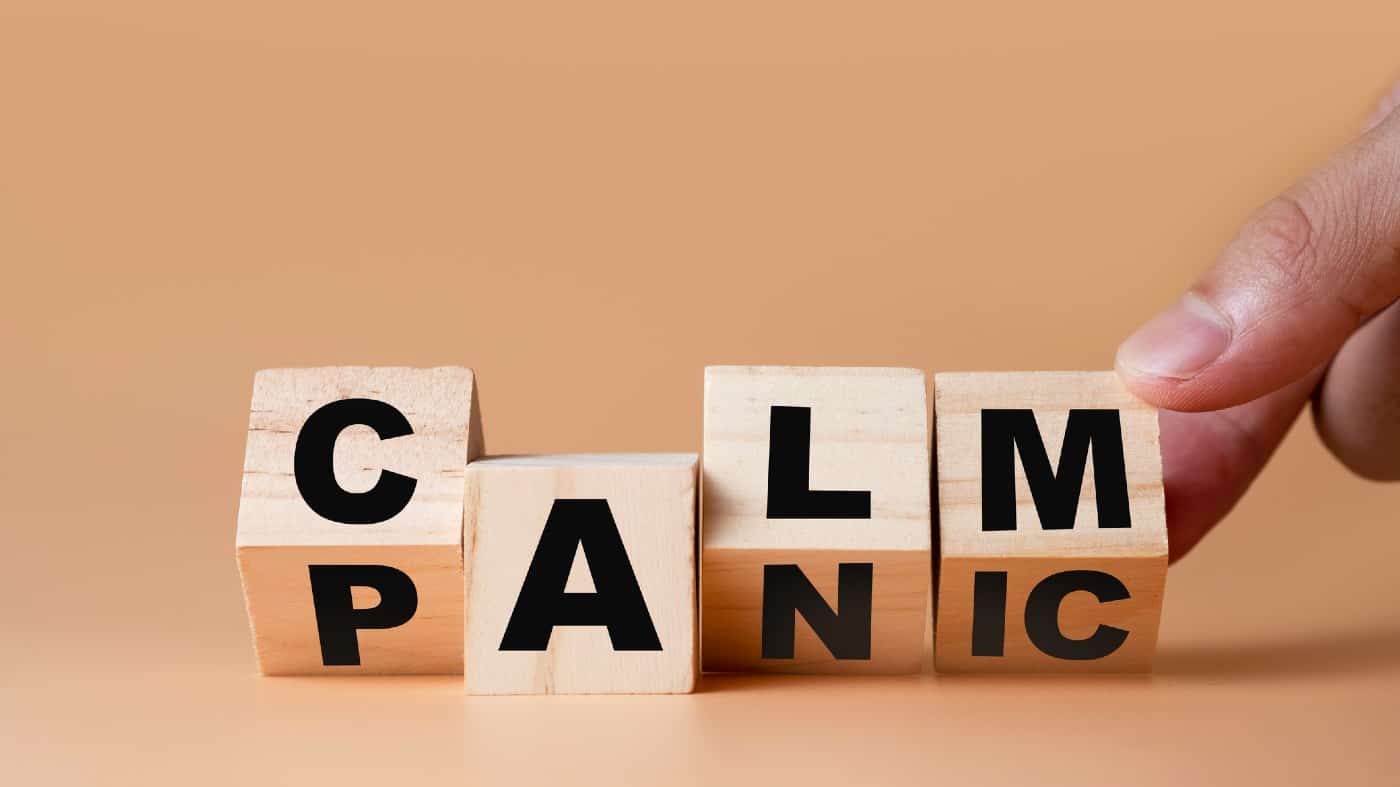This year hasn’t been the best for the stock market so far. The FTSE 100 and S&P 500 are pretty much flat against the start of the year, and it’s not been a good few months for tech and growth stocks. Russia’s invasion of Ukraine sent the markets into turmoil. And now we’re seeing high inflation and interest rates weighing on share prices.
But now, some analysts are suggesting that another crash or correction is coming. Personally I’m not too sure. For one, we’ve seen a number of companies post results in excess of their guidance in recent weeks, which suggests that the rather unique economic conditions aren’t weighing too heavily on performance.
However, that doesn’t mean I’m not taking precautions.
Taking gains and hold cash
One way I’m preparing for a correction is holding more cash than usual. That’s not an easy thing to do right now as inflation hits levels we’ve not seen in decades. In fact, it’s logical to be making my money work and maximise returns to negate the impact of inflation.
It also may pay me to cash in some of the gains I’ve already seen. I tend to hold my investments for a long time, but that doesn’t stop me from selling shares when I think it’s right to do so.
However, if there’s a sizeable correction, as we saw earlier this year when Russia invaded Ukraine, I can use my cash to buy stocks at low prices. In the long term, this could be very beneficial for my portfolio.
Long-term strategy
As a long-term investor, I’m vowing to stick with my strategy to growth my portfolio. It’s important to remember that markets recover after a crash. The S&P 500 has grown twelve-fold over the past three decades despite the 2000 dotcom plunge, the 2008 financial crisis and the 2020 coronavirus market panic. I should therefore be confident in the stocks that I’ve carefully picked and their ability to bounce back from a crash, demonstrating their value.
Staying put can be hard. I remember looking at my portfolio shortly after Covid-19 triggered the first lockdown in the UK. It was actually quite scary. But a year later, it was back to pre-pandemic levels.
Focus on value
While the market may crash, it doesn’t mean that my stocks are suddenly performing worse, or indeed that their assets are less valuable. Focusing on the underlying business is key here.
This is where it may also pay me to focus on stocks that appear cheap and are continually performing, rather than companies where the valuation is based on long-term growth prospects. Some stocks already have a very low price-to-earnings (p/e) ratio, and of course there can be reasons for this. Assuming the crash isn’t triggered by recession forecasts, housebuilders might be a good place to look as many of these stocks already have low P/E ratios. Another favourite of mine is the Bank of Georgia which has a P/E ratio of just 3.4. Even before Russia’s invasion of Ukraine the ratio stood around five.








